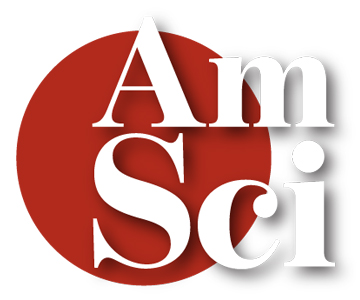
Robert Root-Bernstein
Robert Root-Bernstein, a professor of physiology@Michigan State University, is author of Discovering (Harvard, 1989; reprinted by Replica Books, 1998) and Rethinking AIDS (Free Press, 1993); he is coauthor, with Michele Root-Bernstein, of Honey, Mud, Maggots and Other Medical Marvels (Houghton Mifflin, 1997; Macmillan, 1999) and Sparks of Genius: The Thirteen Thinking Tools of the World's Most Creative People (Houghton Mifflin, 1999).